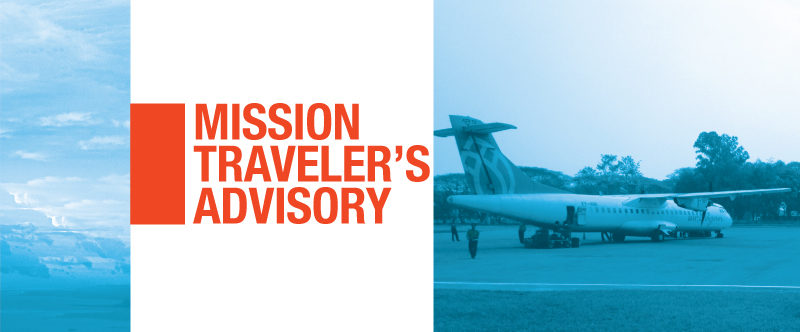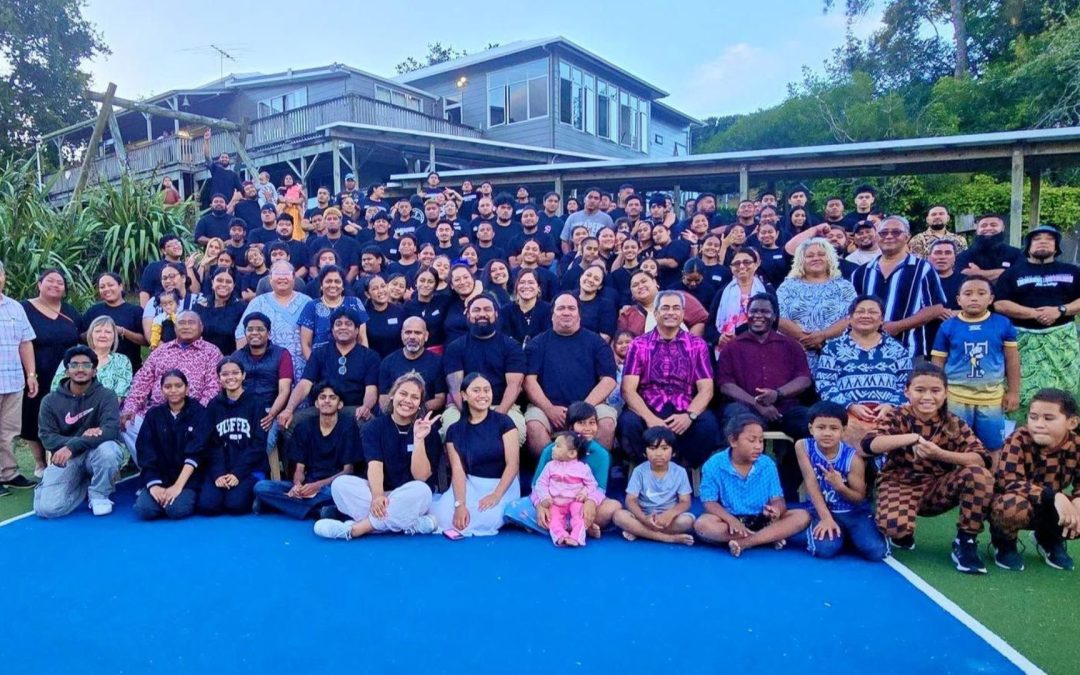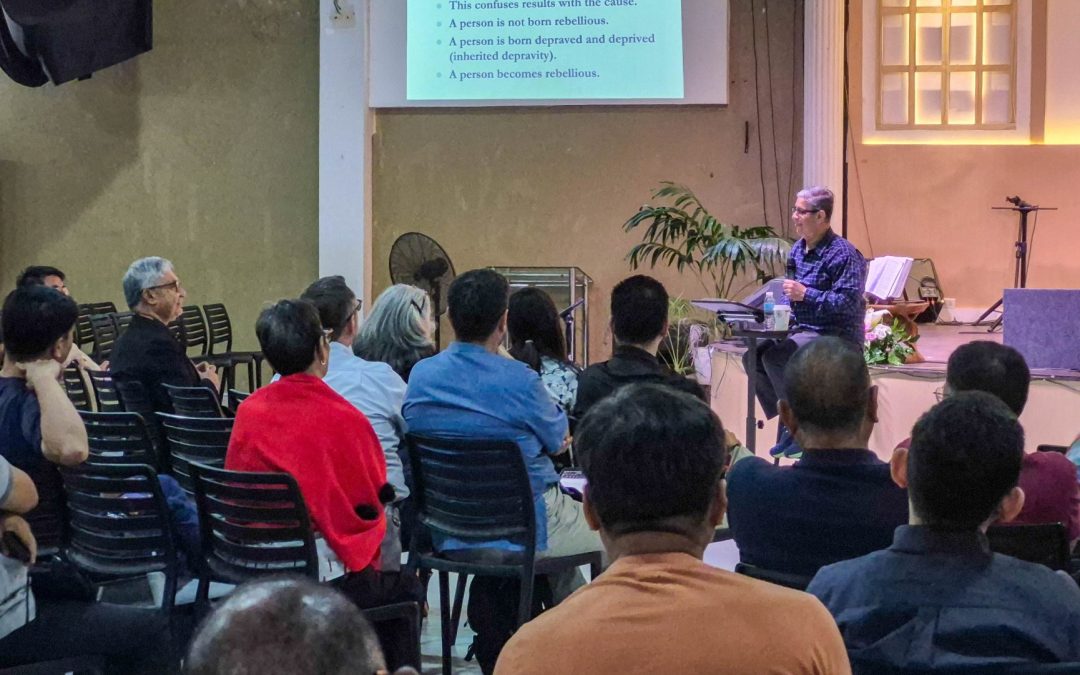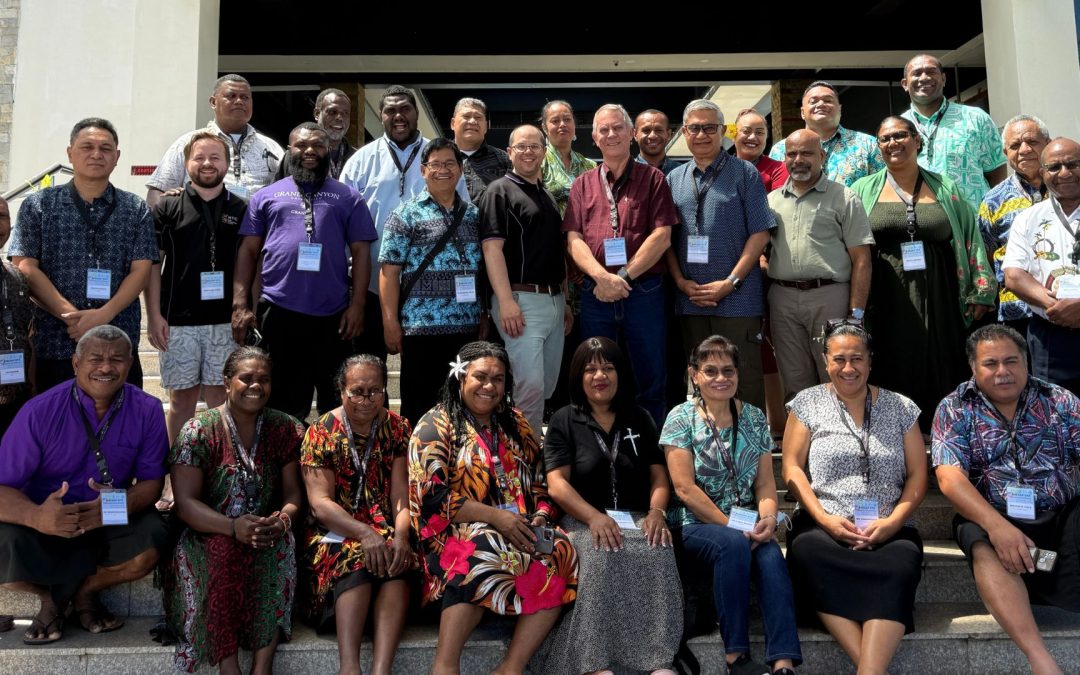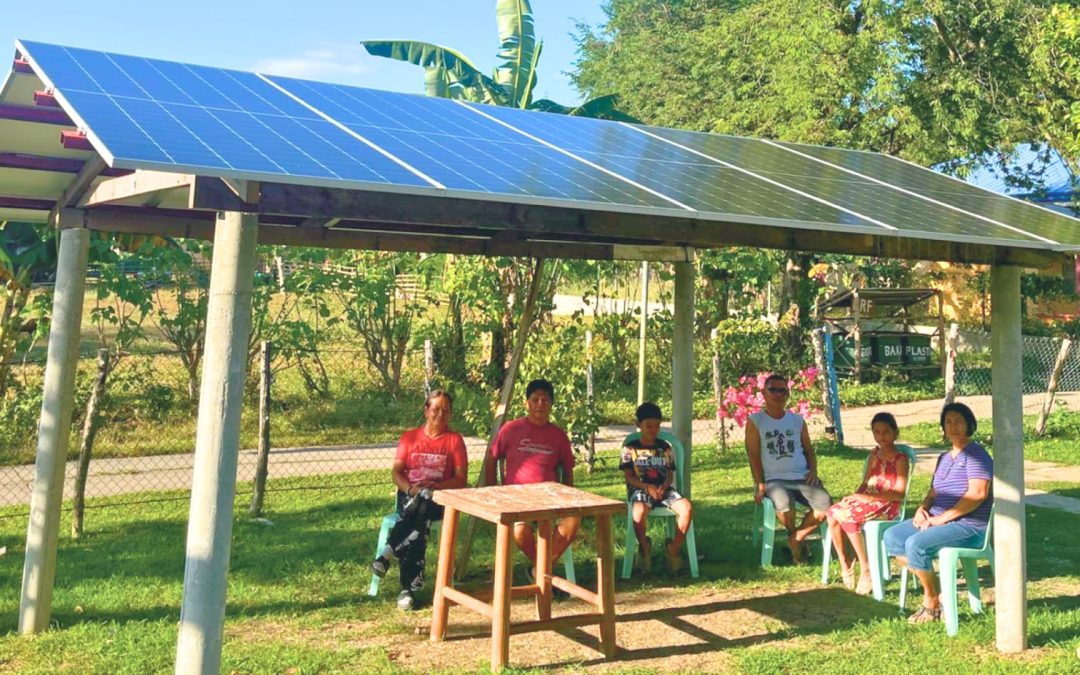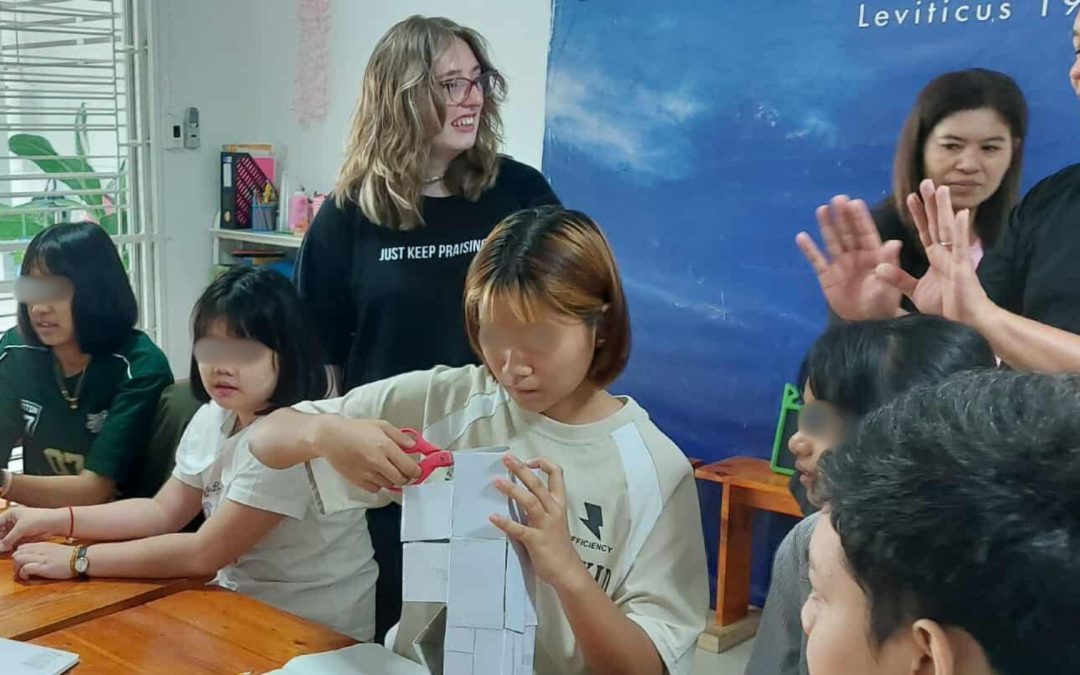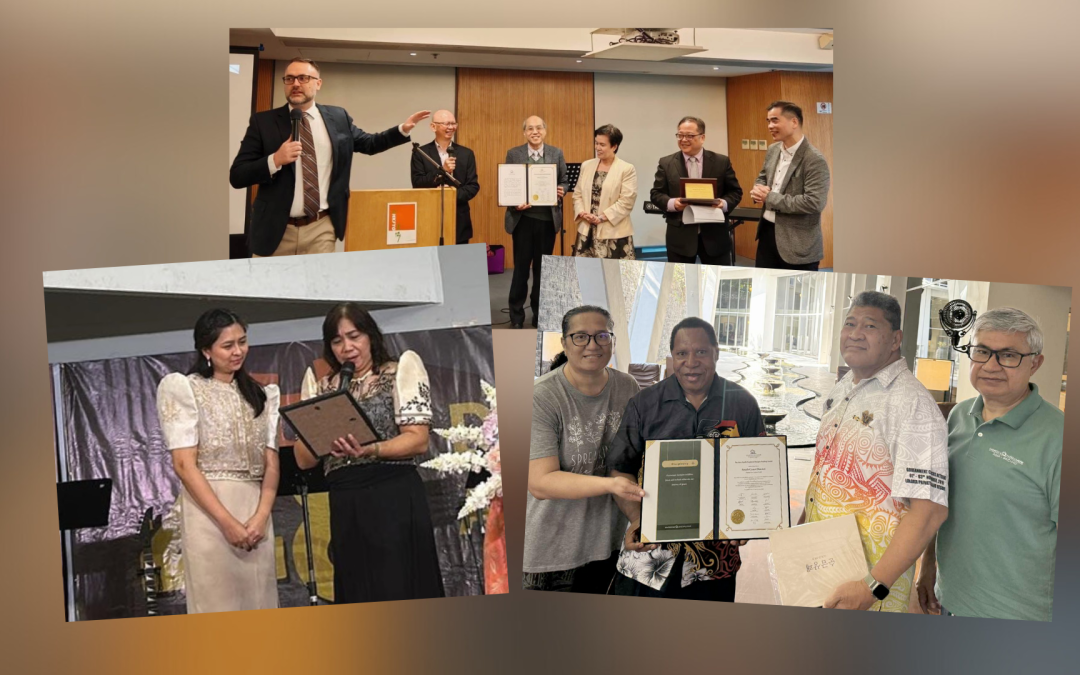Asia-Pacific Region: Are you preparing to go on a short-term mission trip or other international travel? Do you have some prescription or over-the-counter medications that you like to take along?
Beware. Most prescription drugs, particularly habit-forming and narcotics, require additional consideration. Some countries, for example, the United Arab Emirates, will only allow narcotic items to be brought in with prior permission from the director of medicine and pharmacy control. Having as little as three grams of morphine in Singapore is sufficient for a death sentence.
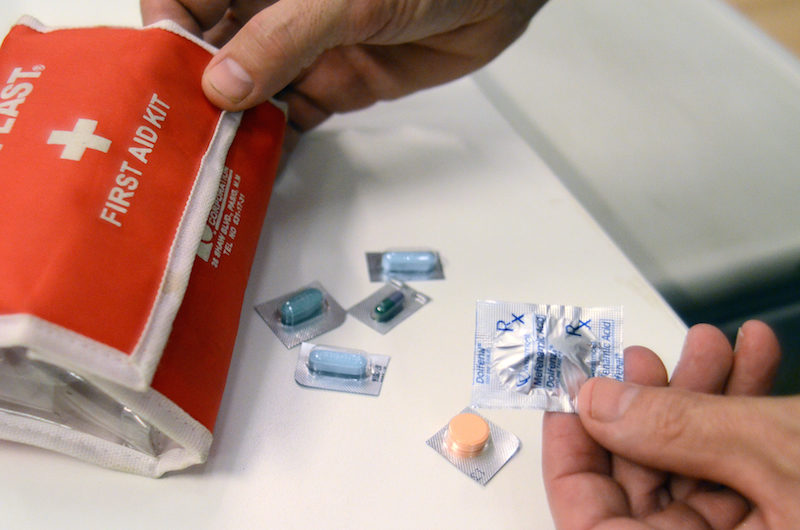 Careful consideration should be taken for groups of travelers (Work and Witness) who maintain a collective first aid kit that includes an EpiPen® not prescribed to one individual, particularly if an administrator has not been trained to use the device. Ideally, only those to whom the device has been prescribed should self-administer in case of an emergency; otherwise local laws may interpret use as unlawful.
Careful consideration should be taken for groups of travelers (Work and Witness) who maintain a collective first aid kit that includes an EpiPen® not prescribed to one individual, particularly if an administrator has not been trained to use the device. Ideally, only those to whom the device has been prescribed should self-administer in case of an emergency; otherwise local laws may interpret use as unlawful.
The bottom line is that commonly prescribed medications in the U.S. could be unlicensed or controlled substances in other countries. Failing to follow specific guidance may result in confiscation, and stiff penalties, including imprisonment on charges for drug trafficking, with no available recourse from the U.S. Government.
Some Guidelines:
- Check with your doctor at least 2 months before departing to another country, regarding your medications. Obtain a list of comparable, generic names, including their dosage and composition, in case there is a need for a refill if the medication is licensed.
- Travel with “requisite medical documentation,” which includes a letter (translated into the host language and certified if appropriate) from the prescribing doctor with his/her contact information/credentials, the diagnosis, their treatment, and the medication regimen, including the need for needles/syringes. The name on the prescription, container, and traveler’s passport must match!
- If medications contain narcotics, some countries will require an application to the local Narcotics Control Division for permission prior to entry. Some countries consider amphetamines illegal; if the traveler’s local U.S. doctor cannot make a switch before departure, the traveler will need to request permission in advance from the local country’s food and drug administration.
- Medications should be packed in original containers with the traveler’s name on it (different medications cannot be combined in one container to save space), in a clear bag, in a carry-on bag since checked baggage is occasionally lost or delayed.
- Third parties should not carry prescription medications designated for another person, particularly if the medication contains controlled substances (i.e. a parent resupplying meds during an abroad program). Medications should not be mailed. The U.S. Postal Services restricts mailing medications, and the local customs authorities may stop the package. Both means of acquiring medication refills can be considered drug trafficking.
- Travelers should not travel with more than personal-use quantities. Generally, this means no more than a 90-day supply (in some countries 30 days), provided the U.S. doctor can prescribe the whole amount and the insurance carrier will approve the quantity.
- Some medicines need to be kept at room temperature (below 25ºC) or refrigerated. If traveling to a warm, humid country, the traveler should get advice from a pharmacist or doctor about storing the medicine.
For Further Information
The Department of State Consular Affairs maintains the “Your Health Abroad” website with various guidance and considerations for medical emergencies.
Travelers may call TSA Cares, a helpline to assist travelers with medical conditions, toll-free at 1-855-787-2227. TSA Cares helpline is Monday through Friday 8 a.m. – 11 p.m. Eastern Time and weekends and holidays 9 a.m. – 8 p.m. Eastern Time. Calls should be placed at least 72 hours before travel.
The U.S. Centers for Disease Control and Prevention (CDC) also offers guidance for traveling with medication.
Information sources: US Department of State, Bureau of Diplomatic Security, TSA, DOS Consular Affairs, CDC.

